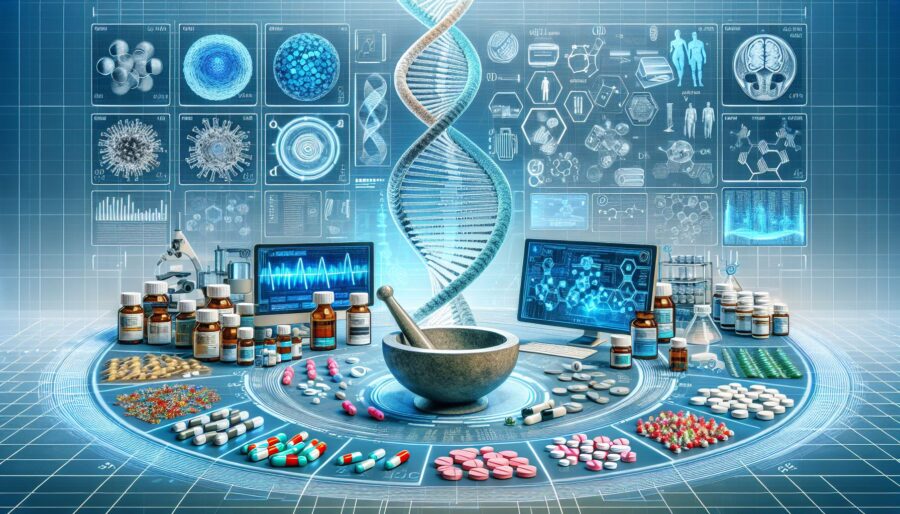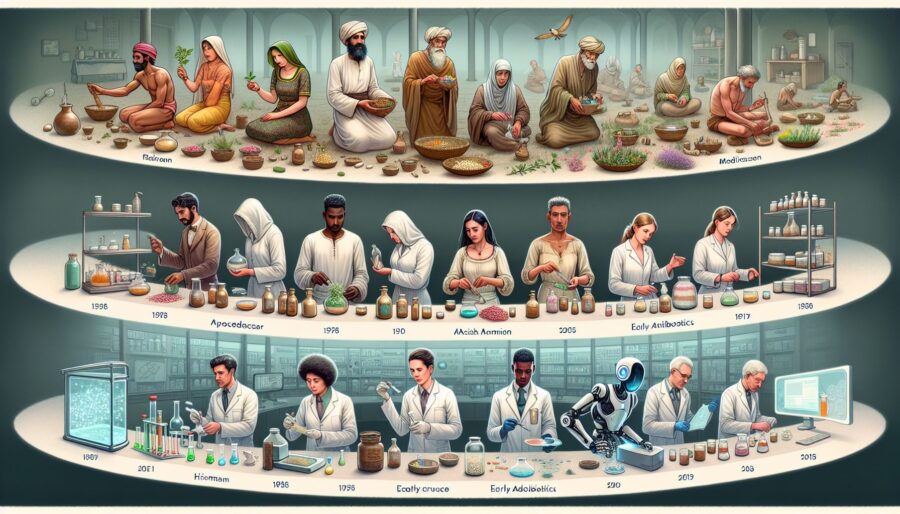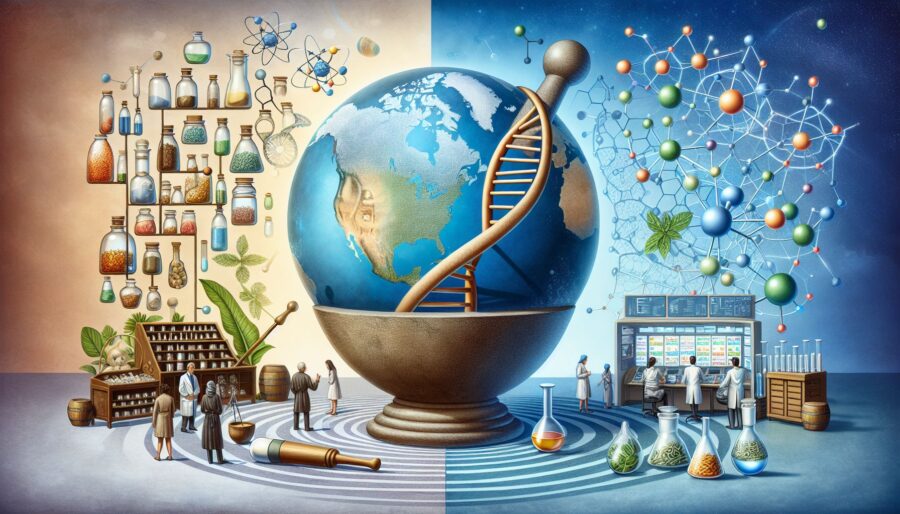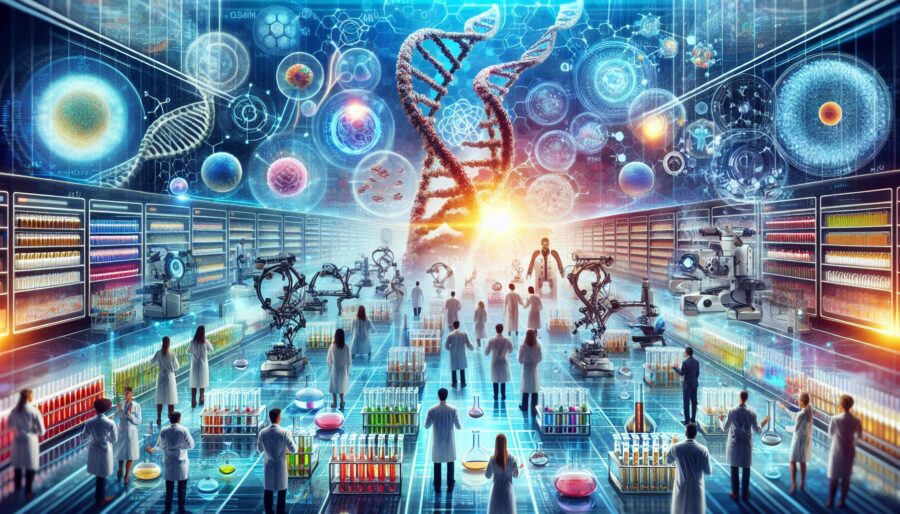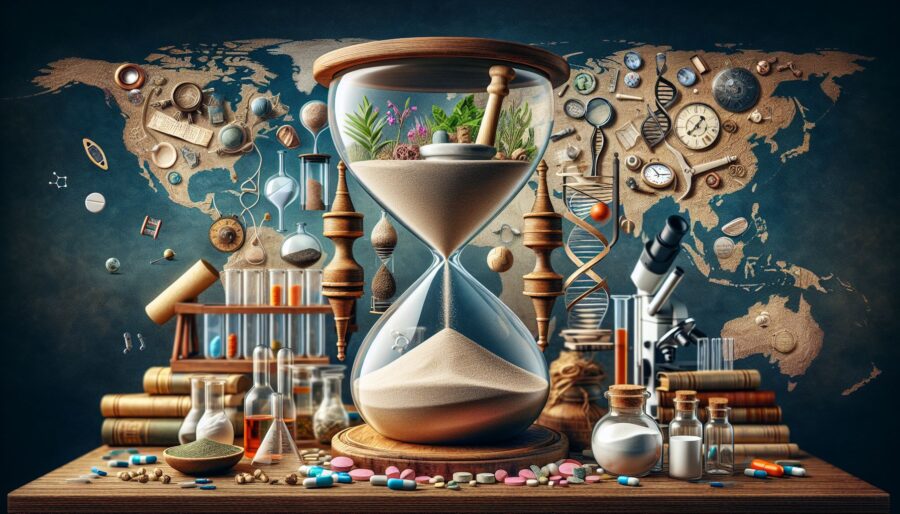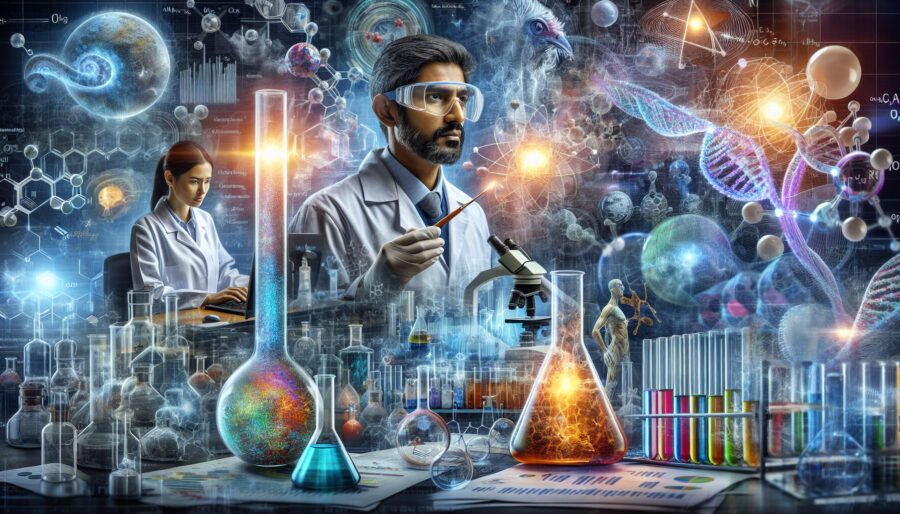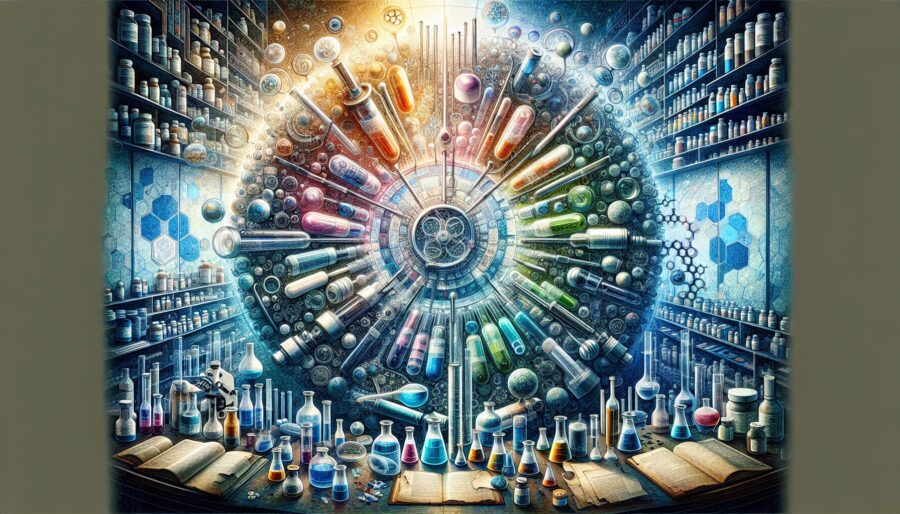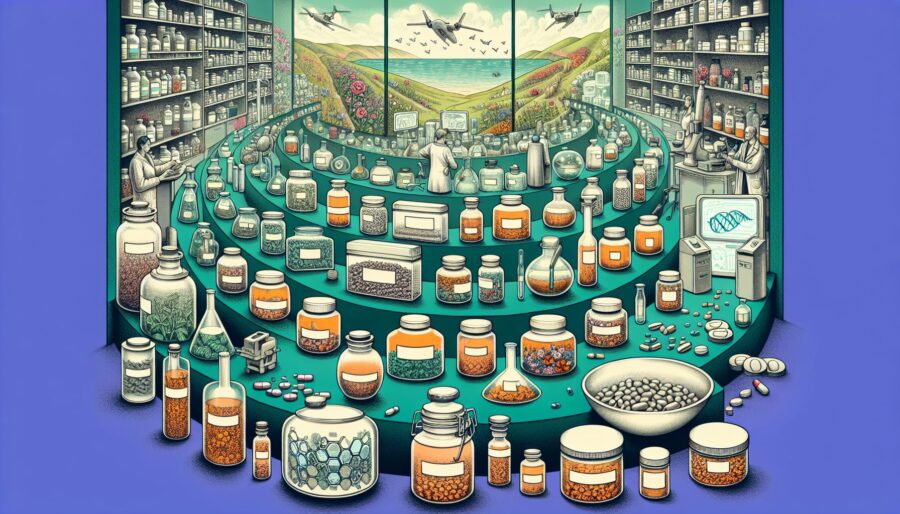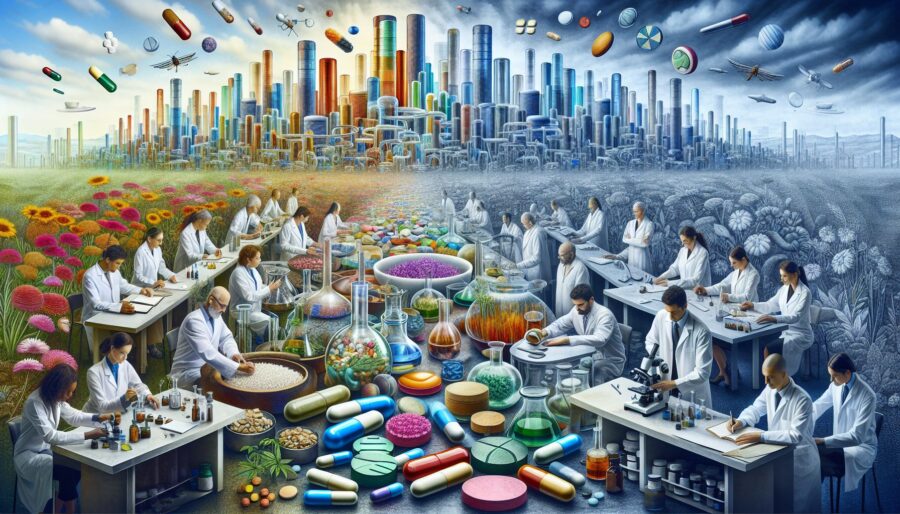The pharmaceutical industry is a vital part of our healthcare system, constantly working towards developing new drugs and treatments to improve and save lives. This dynamic and ever-evolving world plays a crucial role in shaping the future of medicine. In this article, we will explore the intricacies of this fascinating industry and the impact it has on our lives.
Evolution and Innovation
The pharmaceutical industry has come a long way since its inception. What once began as a small-scale industry has now transformed into a global behemoth, with advancements in technology and research fueling its growth. Thanks to breakthroughs in scientific understanding and medical knowledge, we now have a plethora of medications available to treat a wide range of diseases and conditions.
Innovation remains at the core of the pharmaceutical world. Extensive research and development are conducted to discover and refine new drugs. This process involves rigorous testing, clinical trials, and regulatory approvals before a medication can reach the market. The continuous pursuit of innovation leads to better treatment options and improved patient care.
Collaboration for Success
Collaboration and partnerships are essential in the pharmaceutical industry. Pharmaceutical companies often work closely with academic institutions, research organizations, and healthcare professionals to drive progress. This collaborative approach allows for the exchange of knowledge, resources, and expertise, enabling a more comprehensive understanding of diseases and potential treatment options.
Additionally, collaborations with regulatory bodies ensure that drugs meet safety and quality standards before they are accessible to patients. The pharmaceutical industry operates under strict regulations and guidelines to protect the well-being of individuals using their medications.
Challenges and Ethical Considerations
While the pharmaceutical industry brings numerous benefits, it also faces several challenges and ethical considerations. One such concern is the rising cost of medications. Developing new drugs involves significant investments in research and clinical trials, which often reflect in the final price of the medicine. This can sometimes limit access to life-saving treatments, particularly for those in low-income countries.
Furthermore, ethical considerations such as patient privacy and confidentiality, informed consent, and responsible marketing are crucial in the pharmaceutical world. Upholding ethical standards ensures that patients are treated with respect and dignity while receiving the best possible care.
The Future of Pharmaceuticals
Looking ahead, the future of the pharmaceutical industry is promising. Advancements in technology, such as precision medicine and gene therapies, hold great potential for personalized treatments tailored to individual patients’ needs. The integration of artificial intelligence (AI) and machine learning in drug discovery processes can also expedite the identification of potential treatments.
Moreover, the ongoing pandemic has demonstrated the resilience and adaptability of the pharmaceutical industry. The rapid development of vaccines against COVID-19 showcases the industry’s ability to mobilize resources and collaborate in times of crisis. This experience will undoubtedly shape future approaches to drug development and large-scale production.
Conclusion
The pharmaceutical industry plays a vital role in advancing healthcare and improving the quality of life for countless individuals worldwide. Through relentless research, groundbreaking innovations, and ethical considerations, this industry continues to shape the future of medicine. As we navigate through the challenges and embrace new opportunities, the pharmaceutical world proves to be an essential force in our quest for a healthier and brighter future.

